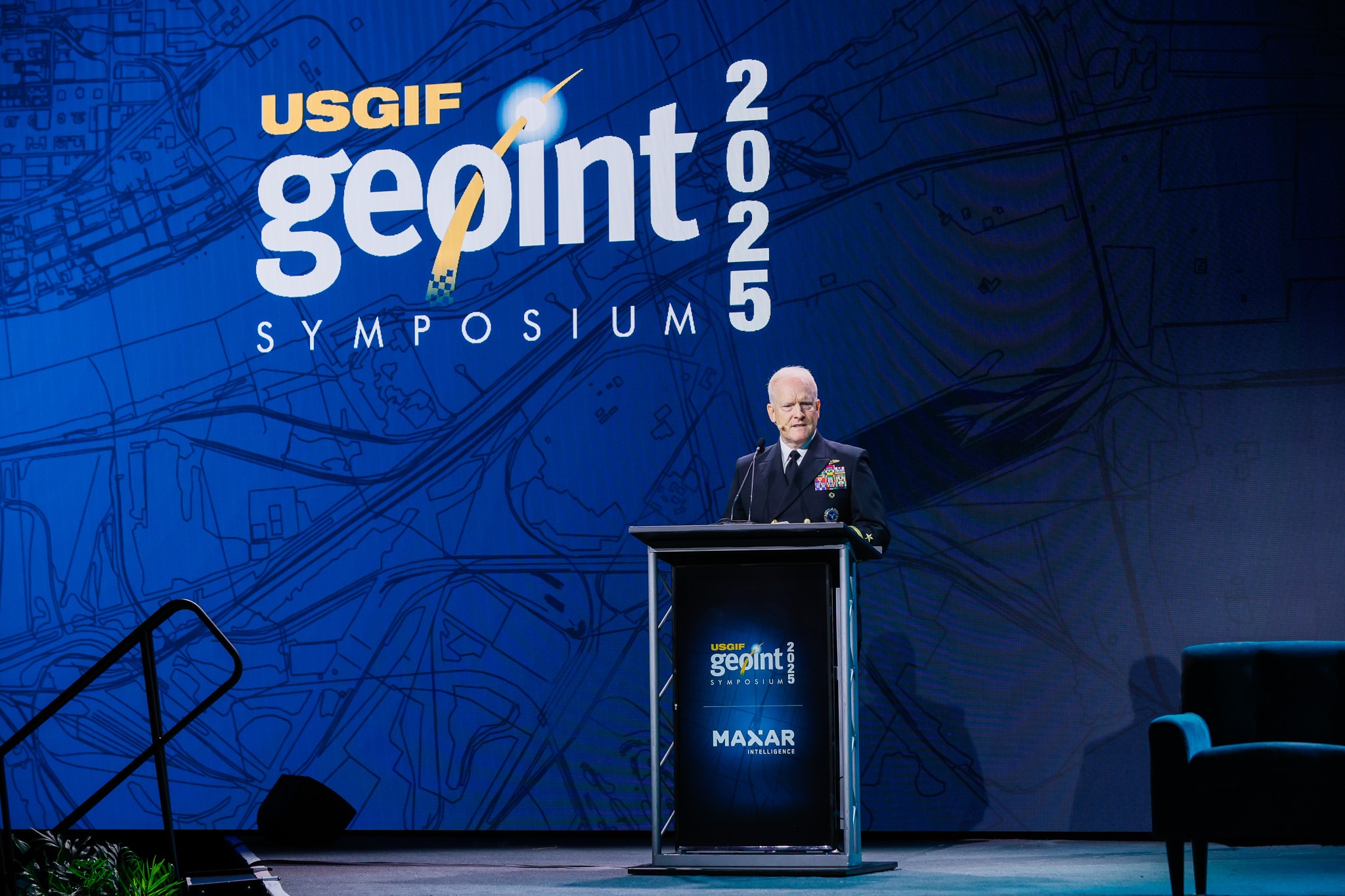The Future Of Work: Understanding Why AI Isn't Taking Your Job

Welcome to your ultimate source for breaking news, trending updates, and in-depth stories from around the world. Whether it's politics, technology, entertainment, sports, or lifestyle, we bring you real-time updates that keep you informed and ahead of the curve.
Our team works tirelessly to ensure you never miss a moment. From the latest developments in global events to the most talked-about topics on social media, our news platform is designed to deliver accurate and timely information, all in one place.
Stay in the know and join thousands of readers who trust us for reliable, up-to-date content. Explore our expertly curated articles and dive deeper into the stories that matter to you. Visit Best Website now and be part of the conversation. Don't miss out on the headlines that shape our world!
Table of Contents
The Future of Work: Understanding Why AI Isn't Taking Your Job (Yet)
The rise of artificial intelligence (AI) has sparked widespread anxiety about job displacement. Images of robots replacing human workers are pervasive in popular culture, fueling fears about a bleak future of mass unemployment. But the reality is far more nuanced. While AI is undoubtedly transforming the workplace, the narrative of AI stealing jobs is largely overblown. This article delves into why AI isn't likely to render you jobless – at least not in the way many fear – and what the future of work truly holds.
The Hype vs. the Reality of AI in the Workplace
The truth is, AI is currently better suited for augmenting human capabilities than replacing them entirely. While AI excels at automating repetitive tasks and analyzing vast datasets, it lacks the crucial human elements of creativity, critical thinking, emotional intelligence, and complex problem-solving. Think of AI as a powerful tool, not a sentient replacement.
Many jobs, particularly those requiring highly specialized skills or nuanced judgment, remain firmly in human hands. Consider these examples:
- Healthcare: AI can assist with diagnosis and treatment planning, but it cannot replace the empathy and human connection crucial for patient care. Nurses, doctors, and therapists will continue to play vital roles.
- Education: AI-powered learning tools can personalize education, but they cannot replace the guidance and mentorship of experienced teachers. Human interaction remains essential for effective learning.
- Creative Industries: While AI can generate basic content, it struggles with the originality, emotional depth, and artistic vision that define human creativity. Writers, artists, musicians, and designers are unlikely to be replaced anytime soon.
How AI is Reshaping the Job Market
Instead of mass unemployment, we are more likely to see a transformation of the job market. AI will automate certain tasks within existing jobs, making them more efficient and productive. This means workers will need to adapt and acquire new skills to remain relevant.
This adaptation is not a reason for fear, but an opportunity for growth. The demand for professionals with expertise in AI development, data science, and AI ethics is rapidly increasing. Furthermore, jobs requiring strong human-centric skills – such as emotional intelligence, collaboration, and critical thinking – will become even more valuable.
Skills for the Future of Work: Adapting to the AI Revolution
To thrive in the age of AI, individuals should focus on developing skills that complement AI's capabilities. This includes:
- Critical Thinking & Problem-Solving: The ability to analyze complex situations, identify problems, and develop creative solutions will be highly sought after.
- Adaptability & Lifelong Learning: Embracing continuous learning and adapting to new technologies and evolving job requirements is essential.
- Collaboration & Communication: Working effectively in teams and communicating clearly will be crucial in a collaborative human-AI environment.
- Emotional Intelligence: Understanding and managing emotions, both your own and others', is vital in human-centered roles.
- Data Literacy: Understanding and interpreting data is becoming increasingly important across various industries.
The Future is Collaboration, Not Replacement
The future of work is not a battle between humans and AI, but a collaboration. By embracing AI's capabilities while leveraging our uniquely human skills, we can create a more productive, efficient, and fulfilling work environment. The focus should be on adapting, learning, and developing skills that make us invaluable partners in this evolving technological landscape. Instead of fearing job displacement, we should embrace the opportunities that AI presents to redefine work and create a better future for all. Are you ready for this exciting transformation?

Thank you for visiting our website, your trusted source for the latest updates and in-depth coverage on The Future Of Work: Understanding Why AI Isn't Taking Your Job. We're committed to keeping you informed with timely and accurate information to meet your curiosity and needs.
If you have any questions, suggestions, or feedback, we'd love to hear from you. Your insights are valuable to us and help us improve to serve you better. Feel free to reach out through our contact page.
Don't forget to bookmark our website and check back regularly for the latest headlines and trending topics. See you next time, and thank you for being part of our growing community!
Featured Posts
-
 Palantir Wins Major Pentagon Contract Project Maven Ai Expansion Fuels Budget Boost
May 28, 2025
Palantir Wins Major Pentagon Contract Project Maven Ai Expansion Fuels Budget Boost
May 28, 2025 -
 Indy 500 Kyle Larsons Double Quest Cut Short By Wreck
May 28, 2025
Indy 500 Kyle Larsons Double Quest Cut Short By Wreck
May 28, 2025 -
 Top Backup Qbs Who Could Spearhead An Unexpected 2024 Nfl Playoff Bid
May 28, 2025
Top Backup Qbs Who Could Spearhead An Unexpected 2024 Nfl Playoff Bid
May 28, 2025 -
 Elon Musks Tesla A 1300 Stock Surge On The Horizon
May 28, 2025
Elon Musks Tesla A 1300 Stock Surge On The Horizon
May 28, 2025 -
 Hurricanes Game 4 Triumph Ending The Eastern Conference Finals Skid
May 28, 2025
Hurricanes Game 4 Triumph Ending The Eastern Conference Finals Skid
May 28, 2025
